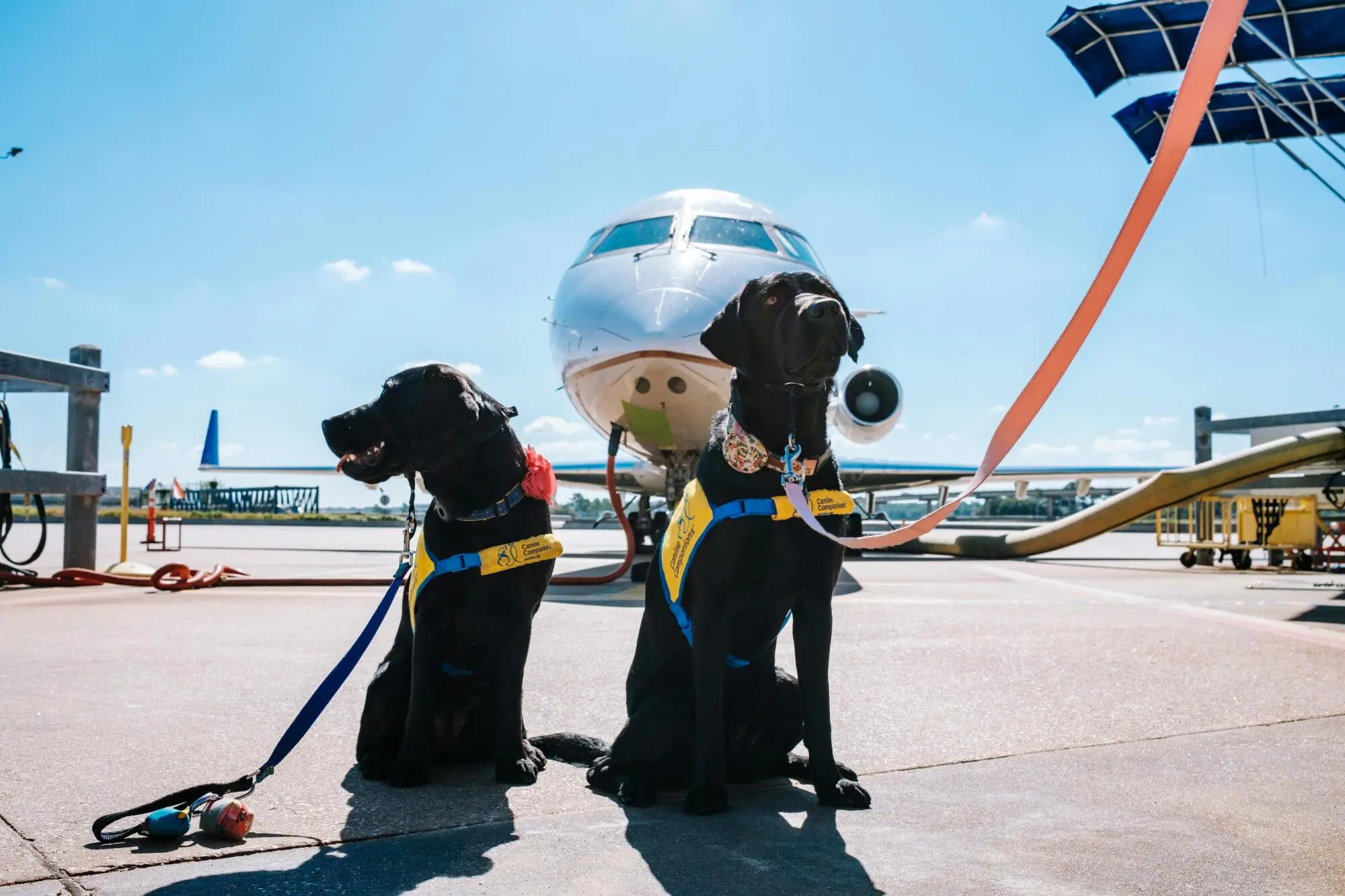Support animals are an integral part of many people's lives. They offer comfort and assistance in ways that go beyond the typical role of a pet.
A poll from the American Psychiatric Association with the American Veterinary Medical Association revealed that 1 in 5 survey respondents said one or more of their pets was classified as an Emotional Support Animal.
In a homeowner's association, it's essential to understand the community guidelines that come with emotional support pets. Explore these HOA regulations below.
Legal Requirements
Legal requirements for emotional support pets (ESAs) are outlined in the Fair Housing Act (FHA). HOA regulations must allow the proper animal accommodation for residents with disabilities, including ESAs. This applies even in no-pet communities.
However, the request must be legitimate. It should be backed by proper documentation from a licensed healthcare provider.
Support animals cannot be denied unless they pose a direct threat to health or safety, or cause significant property damage. These rules help maintain a balance between residents' rights and community guidelines.
Types of Support Animals
Support animals come in various forms. They include:
- Emotional support animals
- Pets
- Service animals
- Therapy animals
Emotional support pets provide comfort for mental health conditions like anxiety or depression. Therapy animals visit hospitals or schools to support emotional well-being.
Service animals, typically dogs, are trained to perform tasks for individuals with disabilities. This includes guiding visually impaired persons.
Unlike pets, support animals require proper documentation for accommodation under HOA regulations and other legal protections.
Documentation
Documentation is crucial for emotional support pets under HOA regulations. Residents must provide a valid ESA letter from a licensed healthcare provider.
This letter should confirm the need for a support animal due to a disability. The document must include the provider's contact information and be current.
Without proper documentation, HOAs may deny accommodation requests. Accurate paperwork ensures compliance with legal requirements. It also follows effective HOA management strategies.
Non-Discrimination
Non-discrimination is a key aspect of HOA regulations concerning support animals. Under the Fair Housing Act, HOAs must ensure equal housing opportunities for individuals with disabilities.
All residents must be treated fairly. Emotional support pets cannot be denied based on:
- Breed
- Size
- Type
The only exception is if they pose a direct threat to others' safety.
Any accommodation requests are evaluated on a case-by-case basis. This fosters inclusive neighbor relations while adhering to community guidelines and legal standards.
Community Guidelines
Community guidelines ensure harmony when accommodating emotional support pets in HOAs. Rules may include:
- Proper animal registration
- Waste management
- Restrictions on noise
- Disruptive behavior
The HOA board manager plays a key role in communicating these rules to residents. They're also responsible for addressing any residential concerns.
Guidelines must balance the rights of individuals with support animals and the needs of the community. Clear policies help promote positive neighbor relations and adherence to legal requirements.
Discover More on HOA Regulations at PMI Nortex Properties Today
Support animals in HOAs are valuable companions that enhance residents' emotional well-being. These animals provide essential support for residents with disabilities. Compliance with HOA regulations ensures fair accommodations and fosters a balanced community environment.
PMI Nortex Properties offers professional community association management services in the Dallas-Fort Worth metroplex area. We're a locally-owned and independently operated business with over 20 years of experience.
Contact us today to discuss your community management needs.


